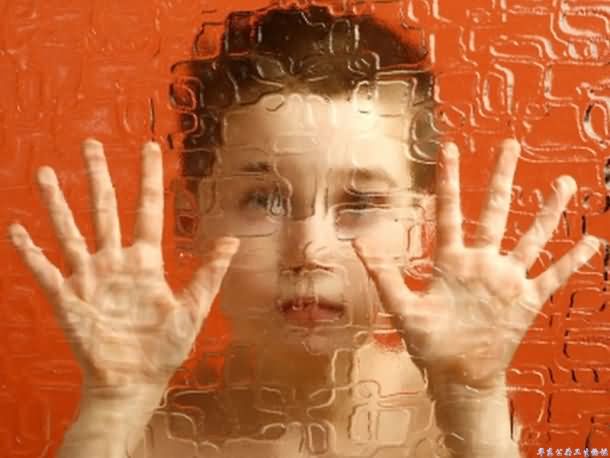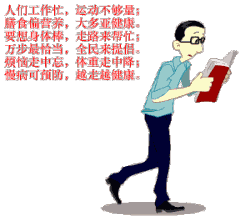
2018年11月26日,一项新的政府研究发现,大约每40名美国儿童中就有1名患有自闭症,比之前估计的每59名儿童中就有1名患自闭症的人数大增。
这项调查询问了43000多名3至17岁的孩子的父母,他们的孩子是否被诊断为自闭症或自闭症谱系障碍,或ASD,以及该孩子是否仍然患有ASD。
美国疾病控制和预防中心的研究作者Michael Kogan将先前数据与2016年全国儿童健康调查中的新数据之间的差异提供了几种解释。
首先,他注意到相关生物标志物用于早期检测儿童唾液中的自闭症
例如,Kogan指出,疾控中心只收集了11个居住区的8岁儿童的信息。相比之下,最新的调查着眼于更广泛的年龄范围,是第一次在全国范围内的调查。
他指出,最新的数据还基于CDC在2014年的最后一次审查时间框架。他的研究小组的结论来源于从父母那里收集的信息,而疾病预防控制中心则对医疗和学校的记录进行了调查。
Kogan是美国卫生资源和服务管理局妇幼卫生局流行病学研究办公室主任。
除了得出自闭症患病率的估算之外,研究人员还注意到,超过四分之一的ASD儿童(27%)正在服用某种药物来治疗自闭症的症状。在此前一年,有将近三分之二(64%)的人接受了行为治疗。
自闭症儿童的父母表示,与那些患有其他类似疾病,如注意力缺陷多动症(ADHD)、抑郁和焦虑、唐氏综合症、行为的孩子相比,他们的孩子有更大的护理需求,而且在获得这种护理方面有更多的困难。智力或学习障碍。
产前接触抗抑郁药、抗精神病药物与孤独症风险无关
具体来说,家长们表示,他们获得精神卫生保健障碍的可能性增加了44%,获得护理协调帮助的可能性降低了24%。
该文发表在11月26日的《儿科杂志》上。
MONDAY, Nov. 26, 2018 -- A new government study finds that roughly 1 in 40 American children has autism, a huge jump from the previous estimate of 1 in every 59 children.
The survey asked parents of more than 43,000 children between the ages of 3 and 17 whether or not their children had ever been diagnosed with autism or an autism spectrum disorder, or ASD, and whether the child in question still struggled with an ASD.
Study author Michael Kogan offered several explanations for the discrepancy between the previous figure from the U.S Centers for Disease Control and Prevention, and the new figures from the 2016 National Survey of Children's Health.
First, he noted that
RELATED Biomarker panel can detect autism earlier in children using saliva
For example, Kogan pointed out that the CDC only collected information on 8-year-olds living in 11 residential areas. By comparison, the latest survey looked at a far wider age range, and is the first such effort to be national in scope.
The latest figure is also based on a more recent time frame than the CDC's last review in 2014, he noted. And his team's conclusions stem from information collected from parents, while the CDC conducted a review of medical and school records.
Kogan serves as director of the Office of Epidemiology and Research in the Maternal and Child Health Bureau of the U.S. Health Resources and Services Administration.
Apart from arriving at an estimate for autism prevalence, the investigators noted that more than a quarter of children with ASD (27 percent) were taking some type of medication to tackle the disorder's symptoms. Nearly two-thirds (64 percent) had been receiving behavioral treatment in the year leading up to the survey.
But parents of children with autism indicated that their children had greater care needs -- and had more trouble getting that care -- relative to those struggling with other comparable conditions such as attention deficit hyperactivity disorder (ADHD), depression and anxiety, Down syndrome, behavioral or conduct problems, intellectual or learning disabilities, and/or Tourette syndrome.
RELATED Prenatal exposure to antidepressants, antipsychotics not linked to autism risk
Specifically, parents said they were 44 percent more likely to have trouble getting mental health care, 24 percent less likely to get care coordination help, and 23 percent less likely to have a
The findings were published online Nov. 26 in the journal Pediatrics.
Thomas Frazier, chief science officer at Autism Speaks, expressed little surprise at the findings.
As to why estimates have generally been rising in recent years, Frazier dismissed the idea that the overall share of American children who have autism is growing that rapidly, suggesting instead that analysis methods have become
As to the broader question of access to care, Frazier agreed that there is an urgent need to provide better access to early screening and subsequent treatment, particularly for low-income families.




